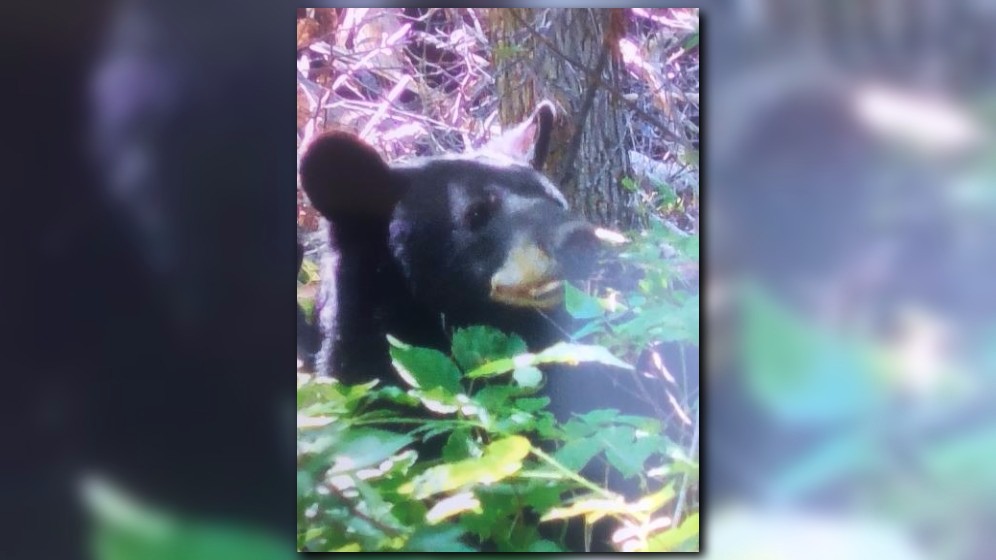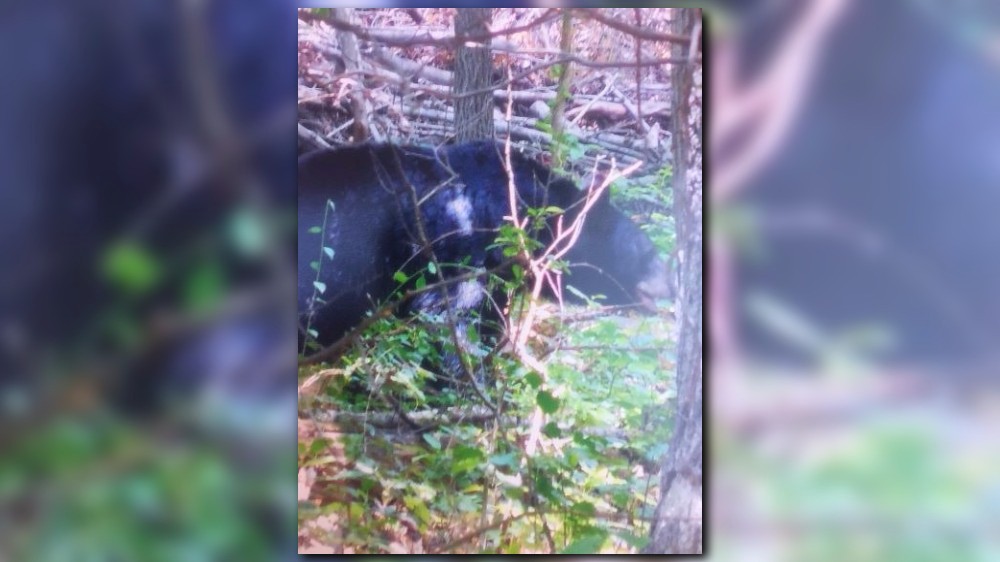The injuries suffered by a 63-year-old grandmother who was attacked by a bear Wednesday are worse than first thought, according to family members.
“She’s got an issue with her hip. It’s either cracked or broken,” said son-in-law Mark Snuffin. “We think the bear might have been standing over her and holding her down.”

Karen Osborne is likely to remain hospitalized for several days, Snuffin said. He said Osborne has bites and claw marks on her head, face, back, and arms.
Osborne is an animal lover, her family said. She was attacked after she went to investigate why the family dog was barking. Osborne is a former real-estate magazine publisher who lives with her husband in the Frederick subdivision where she was attacked Wednesday night. Osborne has 4 grandchildren.
“She’s trying to be as upbeat as possible. We think it’s pretty inspiring,” her son-in-law said.
During the 911 call she made to dispatchers, Osborne calmly said “I can’t move, and I’m bleeding, and I’m going to die.”
Wildlife officials with the Maryland Department of Natural Resources believe Osborne’s dog chased one of the mother bear’s cubs up a tree. Officials found the mother bear the next day and shot her to death.
The bears found in Maryland and Virginia are Eastern Black Bears, which are smaller and less aggressive than western Grizzly bears. However, they can be very dangerous.

According to the National Park Service people who encounter an aggressive Eastern Black Bear should not run away or “play dead.” Instead, bear experts suggested trying to scare the black bear with an aggressive posture. If attacked, fighting back is the best strategy. Running away, they said, triggers the bear’s instinct to pursue a victim, and could make the situation worse.
RELATED: NPS information on bears


